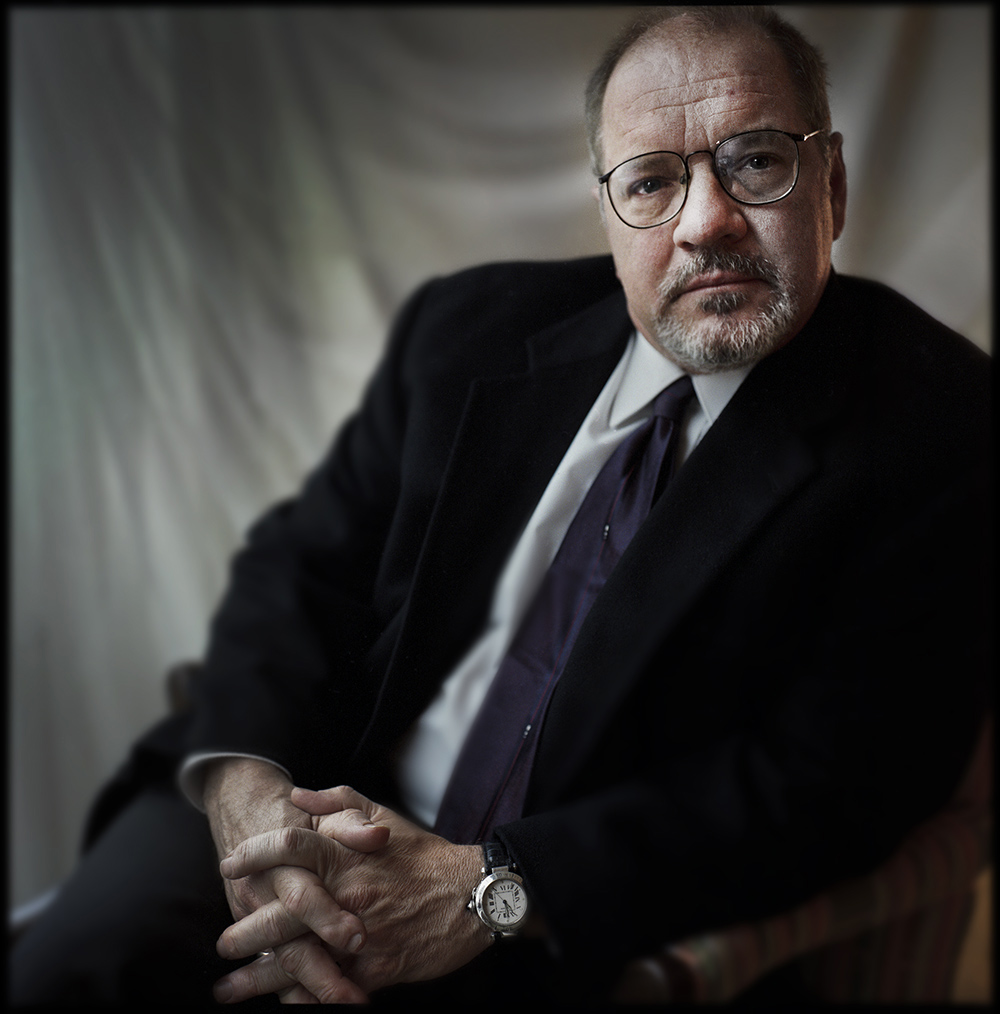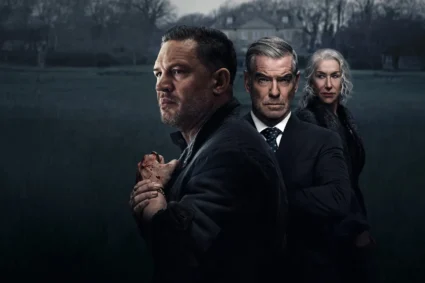
On this latest edition of INTERVUE, Dean on the Scene talks to legendary writer/director Paul Schrader about his new film “First Reformed” coming from A24. The movie stars stars Ethan Hawke as a former military chaplain who is wracked by grief over the death of his son. Mary (Amanda Seyfried) is a member of his church whose husband, a radical environmentalist, commits suicide, setting the plot in motion.
I know that this is your 12th movie that you have written & directed in 40 years, your first being “Blue Collar”
In the sense of completing this film because two things that developed on a petri dish 50 years ago have not blossomed and intertwined. One was to see that maybe write the book on spiritual style and the other scene that made me write Taxi Driver and they both had the same inception which was when I saw “Pickpocket” by Robert Bresson. It has taken 50 years for those two growths to intertwine.
I wanted to know what led you to want to make a film utilizing the transcendental style of approach for First Reformed compared to what you have done in the past
I like those movies but I didn’t think I was that guy. I would say that. You know people try to connect my films with that book and I would say “No, i am not that guy. I am not intoxicated with sex and violence. I want movies with action and melodrama. You’ll never catch me skating on that reseliance ice. Then about three years ago, I was having a conversation with Pavel Pavlovský after I gave an award for Eta. I had to walk uptown and I said “You know you’re going to be 70 next year, I think time you wrote that movie you swore you would never write. And It was a square format, black and white, so I’m gonna make one of those movies.
I ended up making it in color but I did keep the square format. If you’re going to start doing films about spiritual life, you have to start using these withholding techniques, keep offering less to get people to come forward. That’s a high-wire act and if you fall, you fall. I’ve use the term using the scalpel with boredom. I carved a sculpture with a scalpel of boredom but boy if I make a mistake, its just boring (laughs)
Now, I noticed there’s a parallel between Travis and the Rev Toler who writes a diary. What is the key to showing internal despair on screen?
And there’s one in the middle too of Light Sleeper where Willem Defoe plays a drug dealer, also keeps a journal. He was also in a funk. The journal technique is a very insidious one and very effective because using narration is very, very bland, no enunciation and often tangent of often trivial but there were little nuggets all over stuff inside. I felt like intravenous feeding, putting a tube in your arm and I am giving you stuff that’s for your body. Its nourishment but you can’t taste it and you can’t feel it. When the narration works, it works like that.
It really does and I really like this narration approach. I also like that there were very few music cues used. There was more ambience noise.
Yes, there is no music per say,
Right
Lustmord calls himself a composer because that’s the only way he can get residuals. (laughs) In fact, he is a soundscape artist. And that doesn’t really start until 2/3rds of the way in and then I start bringing it in. The first cue was when he comes home with that box of research materials from Michael’s House. A lot of these films don’t use music very well and it’s because music is really the simplest easy way to make you passive. I won’t want to tell you how to feel all the time, don’t worry but if I stop telling you how to feel and you see a kid in the snow with half a head and there’s no music you started saying “come on, play some music, tell how I’m supposed to feel”
(laughs) Exactly! (At this point, I was describing the scene without the music and wonder how was to feel in that moment – happy, sad, angry) I continued “It was a really different approach and I thank you for it.” I remember that you stated that you’re having a book coming out. Can you tell us a little about the book?
It’s called Transcendental Style in Film. It first came out in 1972 from University of California Press. I spent the last three years going back to that book and updating it. By coincidence I was working on this film.
That’s amazing. I’ll have to read it someday. You have written twenty-two films in your career, what has changed from the first screenplay you have written to the most recent.
Well Taxi Driver and First reformed had many similarities but it’s the industry. Virtually, nothing we had learned thru the first hundred years of cinema is relevant anymore. I mean everything is different. I mean we really don’t quite know what a movie is anymore. We don’t know where you see it, we don’t know how you finance it. We don’t know how you monetize it. We don’t know how long it is. So, it is a different system. The tools of filmmaking have dramatically dropped in cost that now anybody can make a film but virtually nobody can make a living at it. So we have democratized on our art form so that it has the same return as a painting. And of course, with the new generation, if you haven’t figured out how to make a film by the age of twelve then you’re behind the curve.
Talk to us about the cast. You have Ethan Hawke an Amanda Seyreid, whom from what I read was pregnant during filming, and Cedric Kyles (AKA Cedric the Entertainer) as Rev Toller’s boss.
There’s a certain physiography about troubled men of the cloth, there’s a certain type of look to them like Montgomery Clift’s in “I Confess” you know. So Ethan had that and he was getting up to be the right age. The boyishness with leaving his face and I just thought that he would be a good fit. I sent the script to him and he responded immediately. Amanda was on a list of actresses who were acceptable to the financiers. She had turned down a lot of work and I found why. It was because she was pregnant but she saw this script and she realized that she could just get it in time, be fully pregnant and do the film. What was interesting about that was that usually when women play pregnant women, they have an extended stomach but the face is that of a thin girl but Amanda has that full face of someone whose packing on pounds there. So, I like that lot.
Cedric’s character was a real challenge because the propensity to stereotype minister guys. We have a box for them. No matter who we are, we’re going to put them in that box. You have to ask how will you find an actor that won’t fit in that box. You have to go outside and get an actor who brings another vibe. That’s when I thought of Cedric. As I said to him, the first time we spoke, I said “I didn’t cast you to be funny but I cast you because of who you are.” I didn’t want the character to be thought up as the bad guy. Most people don’t although some people are so ingrained with the mega church villain that they even made Cedric the mega church villain but he’s not. He lives in the real world. Being a CEO of a church involves some real life responsibilities.
What is the core of Rev Toller? What is the goal to make the audience of who he is?
He has a specific cause, a broken marriage and a son. Also, he’s enigmatic of our times, for him to line up in personal despair with the environmental despair make sense because these are not optimistic times. In many ways, this is an old fashioned movie yet it feels very contemporary
Catch Paul’s latest creation “First Reformed” in theatres THIS FRIDAY and If you want to pick up the new edition of Paul Schrader’s Transcendental Style in Film: Ozu, Bresson, Dreyer First Edition, Click HERE


